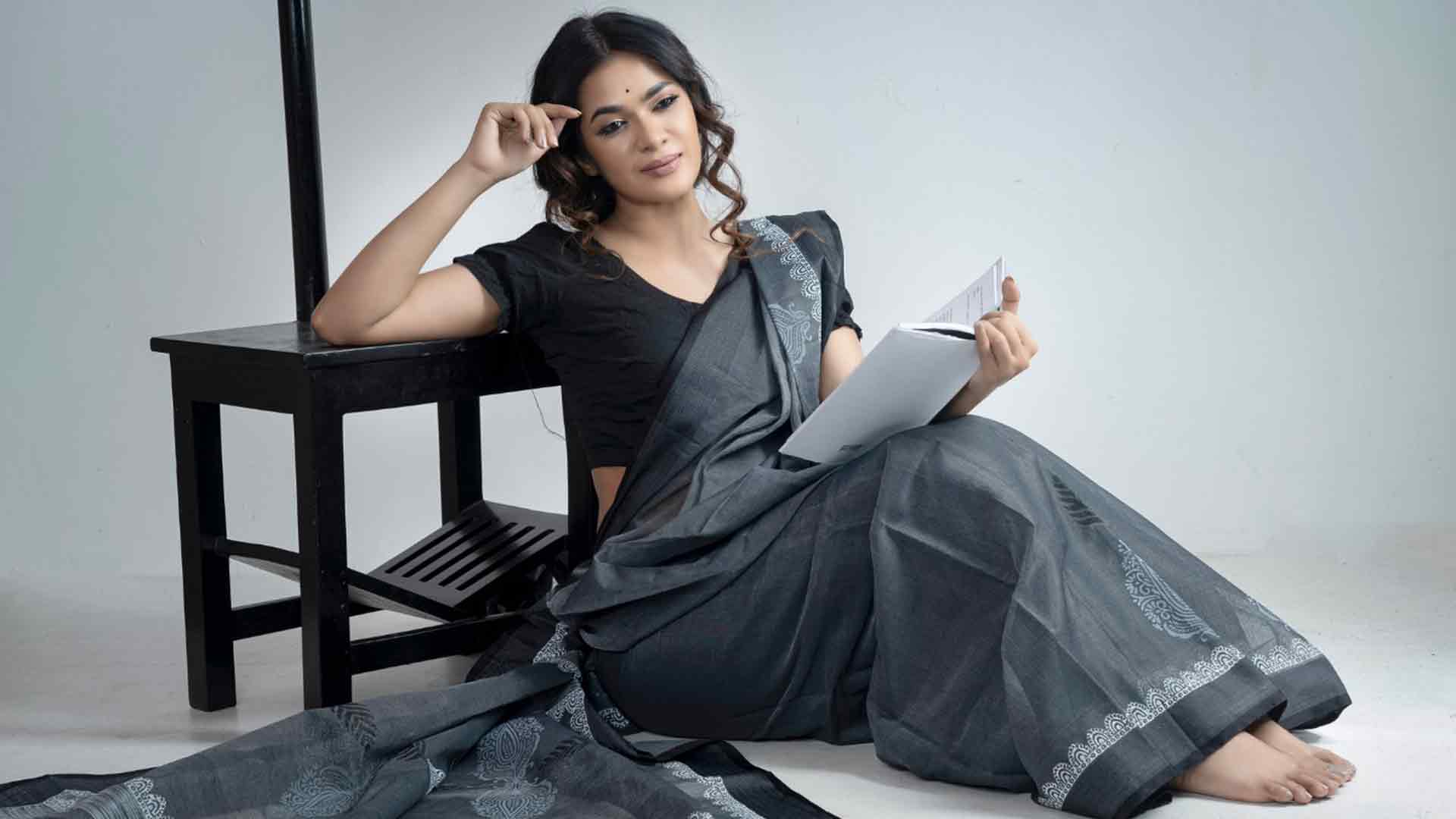Falgun (spring) celebrates youth, a testament to resilience. In this Falgun, the sons of Bengal bravely spilled blood on the streets, fighting for their mother tongue. The profound essence of Ekush (21) resonates deeply within our culture to the extent that on this day, we not only embrace our mother tongue but also adorn ourselves in the vibrant hues of our beloved homeland. During the twenty-one days of this phalgun, a corresponding number of clothes are available.
For many years, Ekush’s strong spirit has been reflected in the clothing choices to honour this day of mourning, respect, and glory. Many clothing stores and boutiques have introduced a fresh collection of clothes inspired by the theme of Ekush. These clothes’ colours, fabrics, and designs exude a timeless sense of movement and expression.
Colors and fabrics
The clothes at Ekush maintain a balance between white and black without being limited to just these two colours. Twenty-one is now available to the public. The use of colour is universally applicable. Akush clothes are adorned with various vibrant colours, including white, black, red, green, yellow, and blue. Cotton is widely used in the cloth industry, but there is also a growing trend towards incorporating loom, muslin, silk, and other materials.
Design and style of clothing
The design of Ekush clothing this year emphasises the significance of national spirit and tradition and pays tribute to the alphabet, language, and language martyrs. The clothes showcase a beautiful display of Nakshikantha fond, block, spray-block, applique, catwalk, screen, handpainted, and embroidery works.
We have various clothing options for boys and girls, including different coloured t-shirts, fatwa, Punjabi, chadar, fatwa tops, salwar-kameez, and sarees for girls. Additionally, there are a wide range of activities available for children. The history of the Bengali language and movement has been beautifully portrayed through the vibrant patterns on these clothes.
A reflection of history and tradition
Using the alphabet in clothes is quite popular, especially in line with the concept of Ekush. Ekush’s songs, poems, slogans, and various verses in the Bengali language have recently been included. A place where numerous captivating tales of Bengali history and tradition have originated. In this dress, Ekush’s various images, such as Shahid Minar, map, and flag, beautifully showcase their aesthetic expression.
The width of the clothes
People of all ages, from children to older people, will celebrate Mother Language Day. I wanted to share some exciting news with everyone regarding the upcoming language day of the fashion houses.
K-Craft is organising a special event on Language Day, featuring a variety of traditional clothing options for both girls and boys. From sarees and salwar-kameez for girls to fatwas and Punjabi pasaras for boys, there will be something for everyone to enjoy.
Anjan’s: Anjan’s offers various clothing designs featuring intricate lettering and eye-catching prints. The company provides multiple clothing options for children and teenagers, including red-white-black cotton salwar-kameez, fatua, saree, and Punjabi.
Bangladesh’s Ekush collection showcases a wide range of vibrant sarees, three-pieces, fatuous, Punjabi, and unique design t-shirts, skirt-tops, veils, blouse pieces, shawls, mugs, and more. The dress showcases elements such as the Shaheed minar, alphabet, serial numbers, and songs and poems of 21. Black, green, and red colours are also utilised.
Arang’s clothing incorporates a variety of colours, including red, black, white, grey, green, blue, orange, and more. We have a wide range of sarees, salwar kameez, kids’ wear, boys’ fatwa, and punjabi available for you to choose from.
Additionally, the boutiques at Aziz Super Market in Shahbagh have produced a wide range of clothing with Ekush as their inspiration. Feel free to explore these boutiques and fashion houses if you’re interested.
Twenty-one February is a significant milestone for the Bengali nation. We commemorate Language Martyrs Day annually with deep reverence and appreciation for the language movement and those who sacrificed their lives for it. Amidst the multitude of cultural events, the significance of Ekush is beautifully reflected in the attire.

